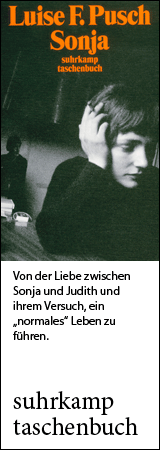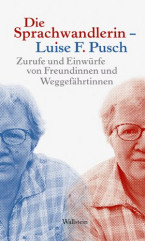Biographies Elisabeth Kaiserin von Österreich (Sissi, Sisi)

(Elisabeth Amalie Eugenie, Empress of Austria and Queen of Hungary née Duchess Elisabeth Amalie Eugenie of Bavaria)
Elisabeth Empress of Austria, aka Sissi / Sisi
born December 24, 1837 in Munich
assassinated September 10, 1898 in Geneva/ Switzerland
Austrian empress
185th birthday on December 24, 2022
125th anniversary of her death on September 10, 2023
Biography
Elisabeth Amalia Eugenia, nicknamed Sisi (also spelled Sissi), Duchess of Bavaria, the “tomboy of Possenhofen,” married her cousin, the young Emperor Franz Joseph of Austria, in 1854 when she was sixteen. She had experienced a carefree childhood on the family’s country estate in Possenhofen, and suffered greatly under the rigid Spanish protocol and the strict etiquette at court. With the emperor constantly attending to matters of state and unavailable, she soon also grew very lonely in Vienna.
Sophie, her mother-in-law, was responsible for the instruction of the young empress; Elisabeth needed to learn the comportment and behavior expected of a member of the Habsburg court. The emperor’s mother sternly demanded discipline, obedience and sacrifice from the young empress and later also from the three daughters and son she bore. Sisi hardly ever saw her own children.
The emperor's subservience to his mother, his long absence during the Italian battle of 1859, and finally his infidelity put a severe strain on the marriage. Elisabeth rebelled against the constraints and impositions placed on her by withdrawing into illnesses that then served as pretexts for extended travels. She was never again in Vienna for long; she increasingly neglected her duties as empress and mother of the country. Yet she did actively engage herself in the face of the demands for greater independence that had emerged in Hungary following the uprising of 1848, and it was this engagement that resulted in the Austro-Hungarian Compromise mediated in 1867, creating two sovereign states and the dual monarchy of Austria-Hungary. The imperial couple were officially crowned King and Queen of Hungary in that same year.
In addition to her continual travels and her daring equestrian ventures, Elisabeth adhered to a rigorous regime devoted to the preservation of her striking beauty. She underwent fasting cures of anorexic proportions, limited herself to strict diets (no vegetables, raw eggs, ice-cold milk, meat juice from raw oxen), and drove her ladies-in-waiting to despair by demanding hours of hiking. She was equally passionate about developing new intellectual interests: she engaged Hungarian and Greek language teachers and expanded her knowledge of literature. In particular, she worshipped Heinrich Heine, who inspired her to write poems in a Romantic style. Das poetische Tagebuch (Poetic Diary) is the anthology of these autobiographical poems.
In 1889, after the suicide of her son, the heir to the throne Rudolf, her travels increased. Her melancholia and contempt for the world grew, and she hid her beauty more and more anxiously behind fans and parasols; she now loathed nothing more than being stared at. A tragic event ended her life. During a stay in Geneva, just before she was about to board a steamer, she was assassinated by an Italian anarchist.
(Text from 1997)
The Empress in Merano / South Tyrol
In October 1870, Empress Elisabeth of Austria chose Trauttmansdorff Castle in Merano as the winter residence for herself and her two daughters, Gisela and Marie Valerie. Her royal household consisted of 102 persons.
When the Viennese newspapers reported just a few weeks after their arrival that the ailing Marie Valerie was doing much better in the mild winter climate of Merano, the town became famous as a health resort. Elisabeth stayed at Trauttmansdorff for seven months; Franz Joseph came to visit four times.
In September 1889, Empress Elisabeth moved into Trauttmansdorff Castle for a second time. Eight months earlier, Crown Prince Rudolf had taken his own life in Mayerling. Thereafter known as the “black woman,” the grieving Sissi led a reclusive life and only rarely left the castle.
(Translated with DeepL.com; edited by Ramona Fararo, 2023.)
Please consult the German version for additional information (pictures, sources, videos, bibliography).
Author: Sibylle Duda
Quotes
You know, I have banned the two words 'hope' and 'happiness' from my life forever.
(Elisabeth, shortly before her death, to her daughter Valerie)
If you hold the rights to one or more of the images on this page and object to its/their appearance here, please contact Fembio.




